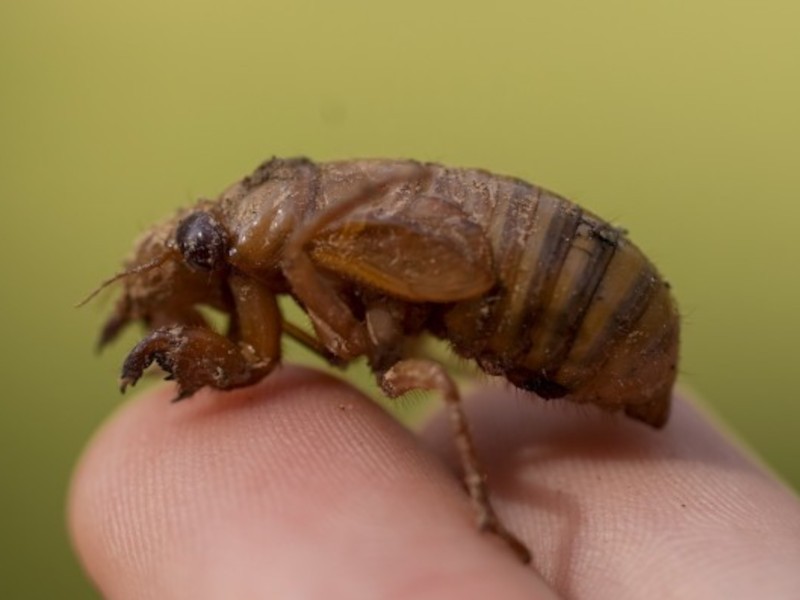Millions of flying insects are expected to emerge from the ground for the first time in 13 years within the next few weeks around the Eastern United States. No, this is not the plot of a film -- it's just a part of periodical cicada Brood XIX's life cycle.
Brood XIX, also known as "The Great Southern Brood," is the most widely distributed brood of 13-year periodical cicadas. They last emerged in 2011. The brood will emerge in a multitude of states, including in North Georgia.
As such, the University of North Georgia is seeking the public's help in securing research data as part of the upcoming emergence.
Dr. Evan Lampert and Dr. Dobrusia Bialonska, biology professors at UNG, are studying the insects, which are expected to emerge in Georgia in mid- to late April.
Those who spot one of the cicadas or an emergence should contact Lampert with details at [email protected]. Lampert also encouraged the public to submit data through the Cicada Safari smartphone app.
Periodical cicadas spend most of their life feeding on the sap in tree roots before emerging to mate and then dying shortly thereafter, according to Lampert. Lampert has also asked to speak with those who know of specific emergence locations from 2011.
One of the most noticeable aspects of the emergence will be the extraordinary noise, also known as a "chorus," made by the cicadas. This "noise" is actually the male insects singing to attract females.
During the emergence of Brood X in Blairsville in 2021, the noise was so loud that law enforcement asked the public to stop calling in noise complaints.
Lampert said there is a good chance the cicadas will emerge in Habersham, Banks, Stephens, and Hart counties, among others.
Once the cicadas emerge and mate, the females lay eggs in woody plants before dying. Offspring then hatch out of twigs and quickly bury themselves as the process begins anew.









